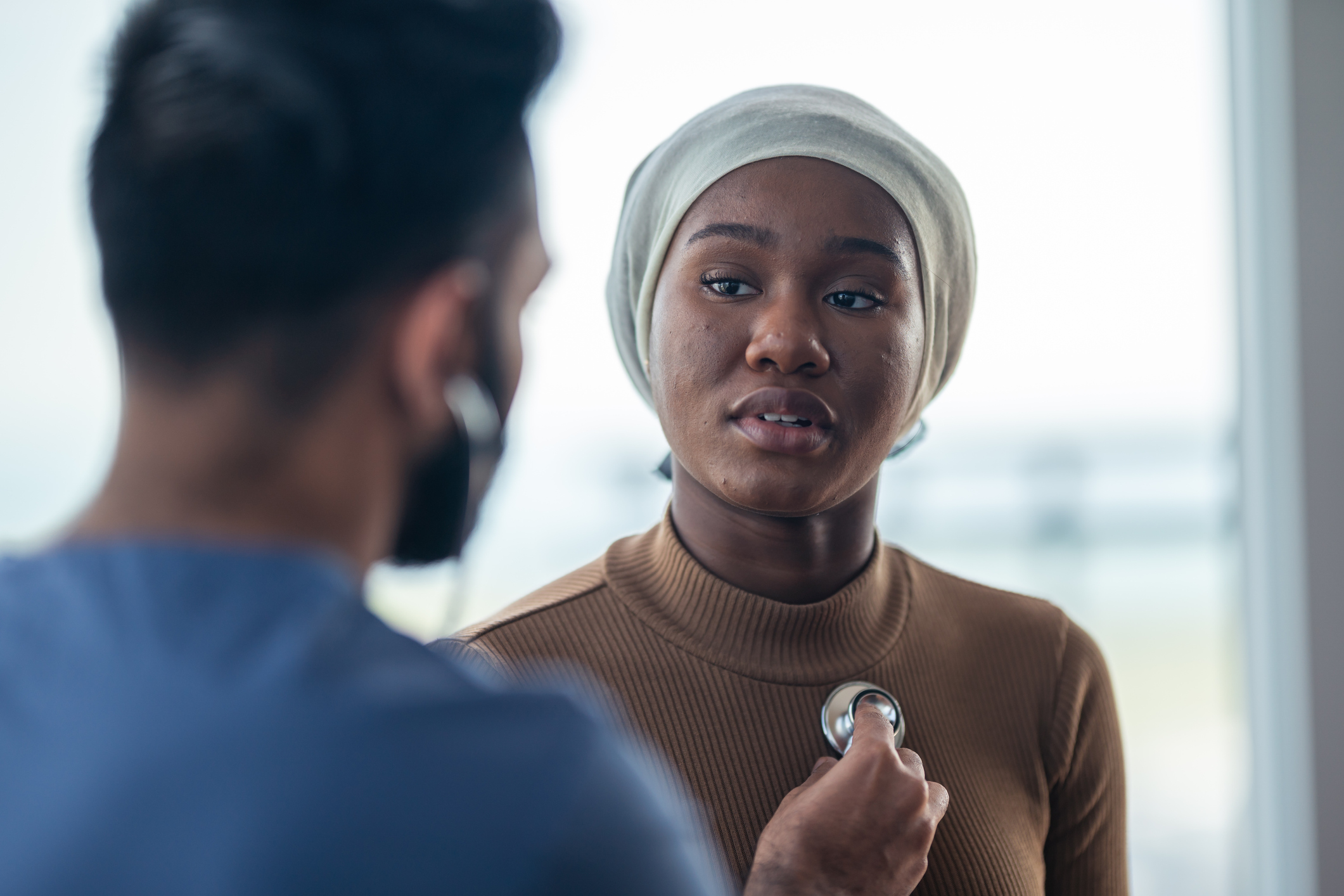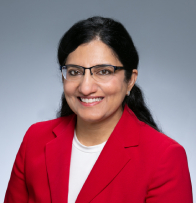
Chemotherapy, though lifesaving in terms of its cancer-fighting abilities, can wreak havoc on cardiovascular health. In the early twenty-first century, researchers discovered that adult cancer survivors face about 42% increased risk of cardiovascular disease. This finding has prompted oncologists and cardiologists to work together to reduce heart complications during and after cancer treatment.
Dr. Lalitha Medepalli, a cardio-oncologist with Northside Hospital Heart Institute and chair of the hospital’s cardio-oncology task force, shares more details about Northside’s Cardio-Oncology Program, the relationship between cancer treatment and cardiovascular disease, and how these joint programs aim to ensure patients receive the most beneficial care for both.
When did Northside Hospital begin focusing on cardio-oncology as a specialty?
Dr. Medepalli: I have personally seen cardio-oncology patients since 2013. Upon joining Northside Hospital as a physician in 2020, I was introduced to Northside Hospital’s Cancer Institute and, together, we created a task force of oncologists, cardiologists, pharmacists and advanced nurse practitioners to establish a well-rounded, high-standard-of-care program based on consistent patient and physician statements from around the country. In January 2023, the task force became an official focus group within the Northside Hospital health care system.
Why is it important to combine cardiology with cancer treatment and how are those cardiovascular issues prevented?
Dr. Medepalli: Common cancer therapies have seen incredible success, but not without a cost. As cancer patients live longer, long-term cardiovascular effects are becoming more prominent. By the early twenty-first century, these cardiovascular issues were prevalent enough for a new specialty to emerge – cardio-oncology.
Cancer therapies are tough on the entire body, but especially on the cardiovascular system. Cardio-oncologists work with oncologists on chemotherapy-based care and cardio-oncology-based management. Regular labs to regulate blood pressure and cholesterol, and other tests good for spotting cardiovascular abnormalities will help with early detection and prevention of diseases such as hypertension, high cholesterol, diabetes, arrhythmias and heart failure.
Are there specific populations more likely to experience cardiovascular effects while on chemotherapy?
Dr. Medepalli: Age plays a factor. For a patient aged 60 or older, their risk of heart failure stemming from previous cancer treatment becomes much higher. Additionally, women are at more of a disadvantage due to having smaller hearts than men. Finally, other groups who may see a higher likelihood include those with underlying heart conditions, obesity, diabetes or high cholesterol.
What can oncology patients do to prevent possible future cardiovascular issues?
Dr. Medepalli: The risk factor is in the patient’s hands. In conjunction with medications, patients can help lower their risk as much as possible by regulating weight, eating a nutritional diet, and consistently participating in moderate-intensity workouts, such as Zumba, yoga, Pilates, walking, etc.
Learn more about Northside's Cardio-Oncology Program.

